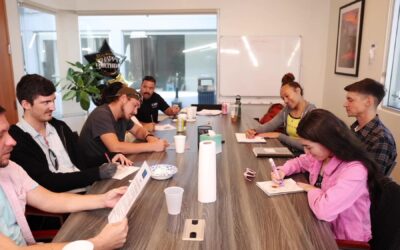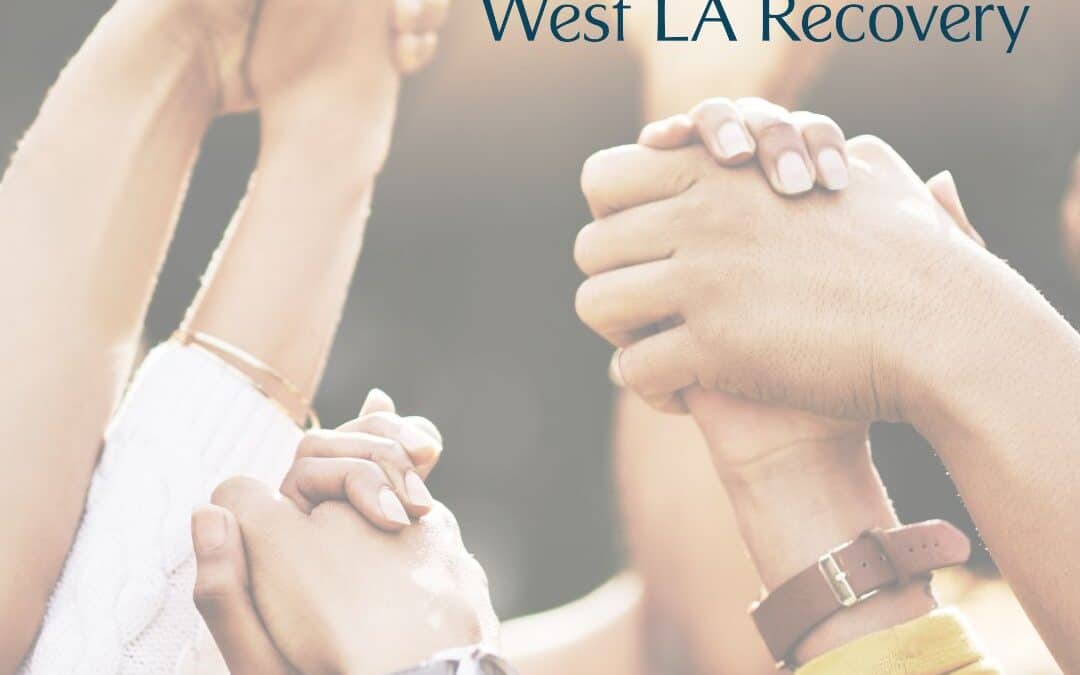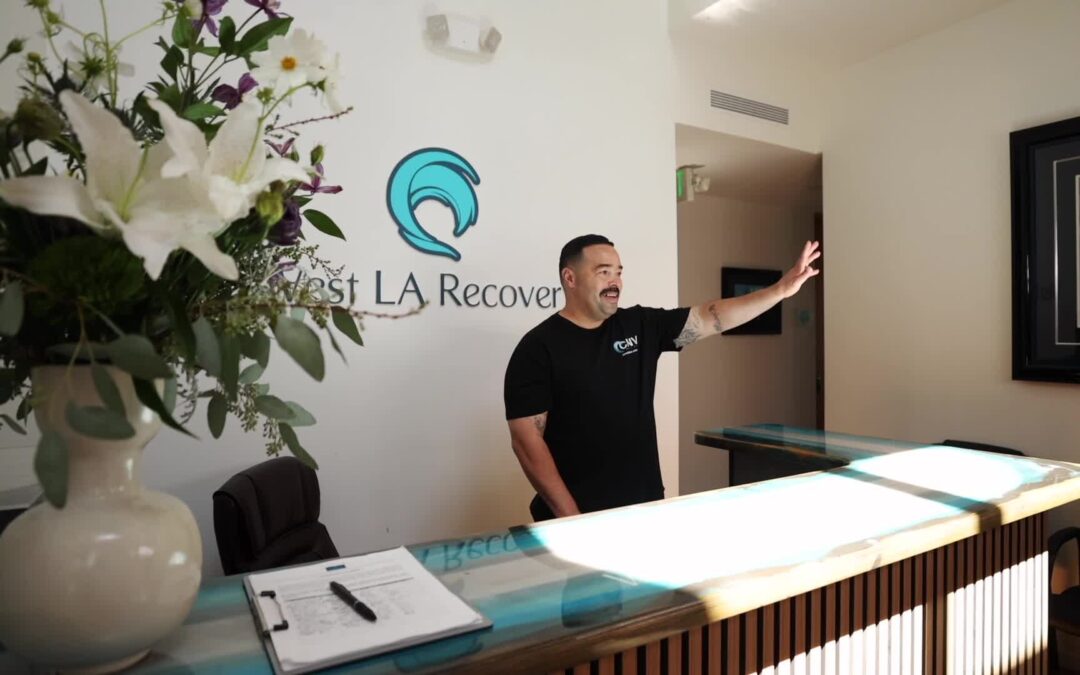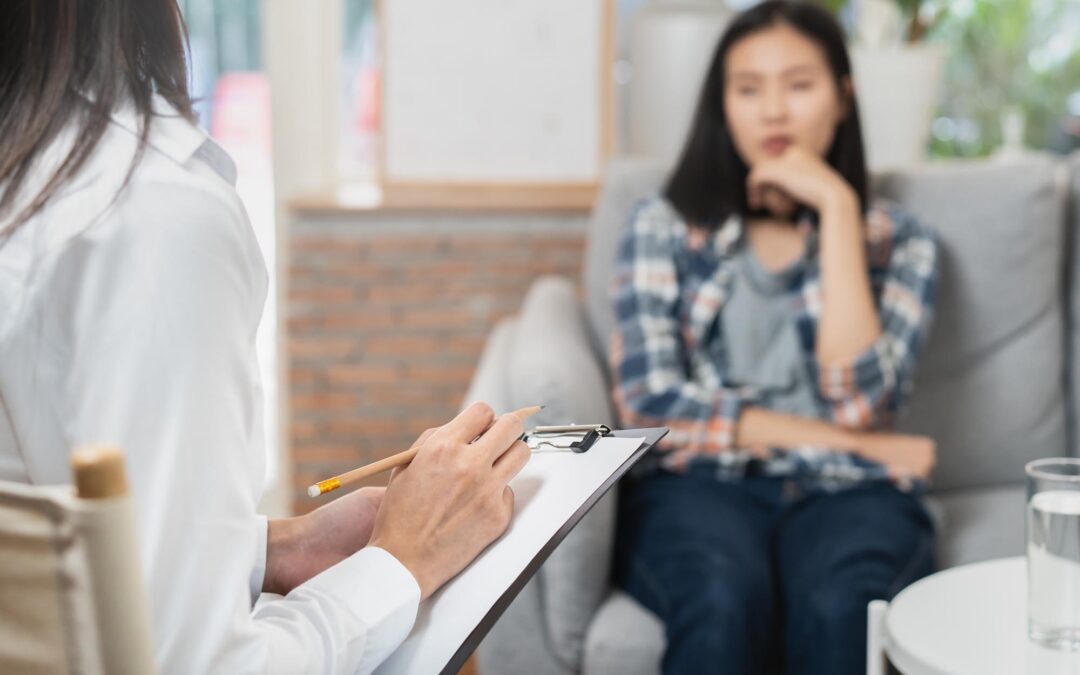The Dual Role of Social Media in Addiction and Recovery
Social media platforms shape our daily experiences in profound ways – both positive and negative. For individuals in recovery, these digital spaces present unique challenges and opportunities.
Positive Influences:
- Access to 24/7 support from recovery communities
- Connection with others sharing similar experiences
- Resources and educational content about recovery
- Inspiration from success stories
- Accountability through shared progress
Negative Impacts:
- Exposure to substance-related content
- Targeted ads promoting alcohol or substances
- FOMO (fear of missing out) triggering anxiety
- Access to drug-related information or dealers
- Social pressure through party photos and drinking culture
The key lies in recognizing these dual influences. While social media can provide valuable support networks and resources for recovery, it also presents potential triggers and challenges. Your awareness of these opposing forces helps create healthier boundaries with social media use during your recovery journey.
Understanding this complex relationship empowers you to make informed choices about your social media engagement while maintaining focus on your recovery goals.
Understanding Social Media Addiction
Social media addiction shares striking similarities with substance use disorders, characterized by compulsive checking, scrolling, and posting behaviors. You might experience:
- Mood Modification: Using the internet community to escape negative emotions
- Salience: Constant preoccupation with online activities
- Withdrawal: Anxiety when unable to access platforms
- Tolerance: Needing increased time online to achieve satisfaction
The brain’s reward system responds to social media interactions similarly to addictive substances. Each like, comment, or share triggers dopamine release – the same neurotransmitter involved in substance use disorders. This chemical response creates a reward loop, pushing you to seek more engagement.
Research shows a significant correlation between excessive social media use and substance abuse patterns. Users who display addictive social media behaviors are 3 times more likely to develop substance use disorders. The constant dopamine hits from social media can rewire your brain’s reward pathways, making you more susceptible to other addictive behaviors.
Impact on Mental Health During Recovery
Social media’s influence on mental health during recovery presents unique challenges. Research shows excessive social media use can intensify feelings of anxiety and depression – two common struggles during the recovery process.
The constant stream of carefully curated highlight reels on platforms like Instagram and Facebook creates an unrealistic standard of recovery. You might find yourself comparing your progress to others, leading to:
- Decreased self-esteem
- Heightened feelings of inadequacy
- Increased recovery-related anxiety
- Self-doubt about your journey
Studies reveal a direct correlation between time spent on social media and increased feelings of loneliness. This paradox – feeling isolated while being digitally connected – can be particularly damaging during recovery when genuine human connections are crucial.
The psychological impact extends beyond comparison. Social media’s addictive nature can trigger:
- Disrupted sleep patterns
- Increased stress levels
- Mood swings
- Difficulty concentrating on recovery goals
Your mental well-being during recovery requires careful attention to these digital influences. Recognizing these patterns helps you make informed decisions about your social media consumption.
Recovery Groups: The Benefits of Online Support
Online recovery groups have transformed addiction treatment by eliminating geographical barriers and offering round-the-clock support. These digital communities provide safe spaces for individuals to share their experiences, seek guidance, and hold themselves accountable throughout their recovery journey.
Accessible Support for All
Platforms like Alcoholics Anonymous now offer virtual meetings through social media channels and dedicated apps, making support available to anyone with an internet connection. SMART Recovery’s online presence provides science-based addiction recovery tools, interactive forums, and chat rooms where members can connect with peers and trained facilitators.
Advantages of Digital Recovery Groups
The online nature of these groups brings several benefits:
- Anonymous participation – allowing individuals to seek help without fear of stigma
- Flexible scheduling – meetings available at various times across different time zones
- Resource sharing – instant access to recovery materials, worksheets, and educational content
- Crisis support – immediate connection with others during challenging moments
Opportunities for Personal Growth
Community engagement through these platforms fosters personal growth by creating opportunities for:
- Developing leadership skills through peer support
- Building lasting connections with others in recovery
- Learning from diverse recovery experiences and perspectives
- Practicing vulnerability in a supportive environment
Online recovery groups have become crucial lifelines, especially for those in remote areas or with mobility limitations.
Viral Trends and Their Influence on Addiction Behaviors
Social media trends can make substance use seem attractive, especially through viral challenges and popular content. TikTok’s “Benadryl Challenge” is one of the many craziest TikTok challenges that encouraged dangerous experimentation among teenagers. Meanwhile, trending hashtags like #drunknights and #highlife make excessive drinking and drug use seem normal.
Recent studies show a clear link between viral trends and substance experimentation:
- The “NyQuil Chicken Challenge” led to a 40% increase in calls to poison control centers
- Viral drinking games caused many young adults to be hospitalized
- “Lean” drink tutorials received millions of views, leading to dangerous imitative behavior
Protecting Your Recovery Journey
You can protect yourself from harmful viral content by:
- Customizing your social media feeds to exclude substance-related content
- Using platform features to block specific hashtags and accounts
- Setting up content filters for triggering keywords
- Following recovery-focused creators who promote healthy lifestyle choices
Social media algorithms learn from your interactions – each time you actively avoid or report substance-related content, your feed becomes safer for your recovery journey.
Navigating Social Media Mindfully During Recovery
Practicing social media mindfulness creates a healthier relationship with digital platforms during your recovery journey. Here’s how to transform your social media experience into a recovery asset:
Set Clear Boundaries
- Limit daily social media use to specific times
- Use app timers to track and control usage
- Delete triggering accounts from your feed
- Create a separate recovery-focused account
Practice Mindful Engagement
- Ask yourself: “How does this content make me feel?”
- Take regular breaks when feeling overwhelmed
- Engage only with content that supports your recovery goals
- Share your experiences when you feel comfortable and safe
Build a Digital Support System
- Join private recovery groups
- Connect with certified recovery coaches
- Follow accounts focused on mental health and wellness
- Block or mute content that threatens your sobriety
Open communication with your treatment team about your social media experiences helps identify potential triggers and develop personalized coping strategies. Remember to check in with yourself regularly – if certain platforms or content create emotional distress, it’s okay to step back and reassess your digital boundaries.
Exploring Personal Growth Through Social Media Engagement
In an era where the new normal is increasingly tech-driven, social media platforms have become powerful tools for personal transformation in recovery. Sarah, a member of our recovery community, turned her Instagram account into a digital recovery diary, sharing daily gratitude posts and connecting with others on similar journeys. Her story inspired hundreds to embrace vulnerability and authenticity in their own recovery processes.
Here’s how you can use social media for personal growth:
- Create a dedicated recovery account to document your journey
- Share your milestones and celebrate others’ achievements
- Join live recovery meetings and workshops through social platforms
- Use habit-tracking apps integrated with social features
Following recovery-focused content creators can provide daily inspiration and practical strategies. Look for accounts that:
- Share evidence-based recovery information
- Post regular sobriety tips and wellness advice
- Maintain a positive, encouraging community
- Demonstrate long-term recovery success
Many recovery influencers offer accountability partnerships through their platforms. These connections can help you stay committed to your goals while building meaningful relationships with others who understand your journey.
Finding a Balance Between Connection and Caution
Social media’s role in recovery requires a thoughtful approach. You’ll benefit from setting clear boundaries around your online engagement – limiting screen time, curating your feed, and being mindful of content that might trigger cravings or negative emotions.
Signs you might need to adjust your social media use:
- Increased anxiety or depression after scrolling
- Comparing your recovery journey to others
- Feeling triggered by certain content
- Spending excessive time online
Your recovery journey is unique, and it’s essential to prioritize your mental health. If social media starts affecting your progress, don’t hesitate to reach out for support. Our team at West LA Recovery is here to help you navigate these challenges and create a balanced approach to social media use that supports your healing journey.







